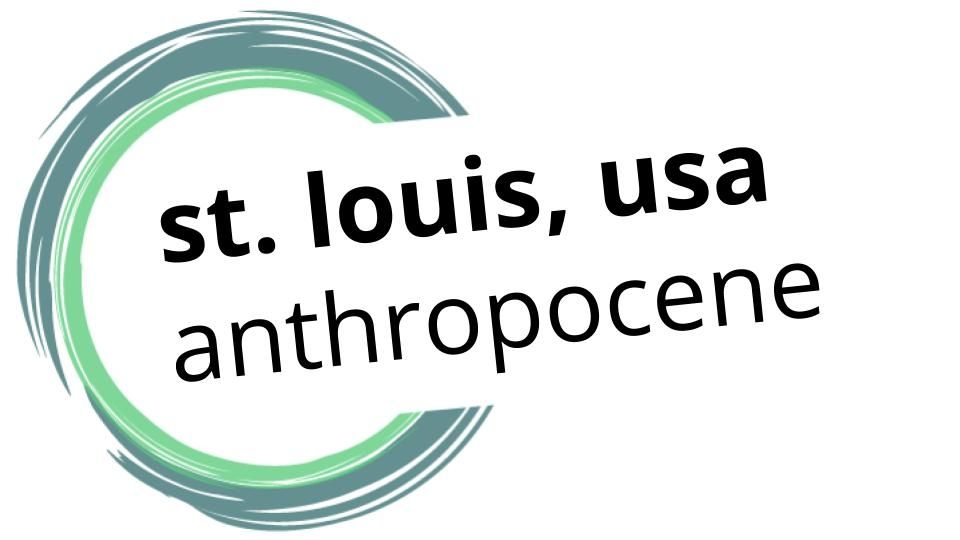
Jason Ludwig, Tim Schütz, Scott G. Knowles and Kim Fortun. 2019. “St. Louis, USA Anthropocene.” In Quotidian Anthropocene, edited by Kim Fortun and Scott Knowles. On Disaster-STS Network. In review. https://disaster-sts-network.org/content/quotidian-anthropocene-st-louis-usa-collection/essay
ESSAY BIBLIOGRAPHY
TBD Read more
The Open Seminar will direct collaborative attention to the many scales and types of systems that interlace and synergize to produce anthropocenics on the ground in particular locales and vernanculars. These questions will guide our engagements.
QUESTIONING QUOTIDIAN ANTHROPOCENES...Read more
The Quotidian Anthropocene project explores how the Anthropocene is playing out on the ground in different settings. The aim is to create both...Read more
Jason Ludwig
Tim Schütz
Scott G. Knowles
Kim Fortun
What capacity (and incapacity) is there to recognize and attend to “the Anthropocene” in this setting? How might academic projects contribute to or scaffold this capacity?
How is “the Anthropocene” – by this, or some other name – talked and worried about in this setting? What modes of communication carry and occlude engagement with anthropocenics? What discursive histories shape contemporary articulations? What new forms of expression have anthropocenics engendered?
A 2009 video about contamination in industrial cities around St. Louis and their connection to Monsanto. See IMDB.
Essay in The New Inquiry on the history of lead pollution in St. Louis.
What economic activities have contributed to anthropocenics in this setting? How are future economies imagined and planned? What laws and policy have addressed anthropocenics? How, for example, have public lands protections been used to address anthropocenics? How do transportation policies reflect anthropocenics? What sovereignties are in play and how is settler colonialism at work?
Who are stakeholders in this quotidian Anthropocene and how do they relate to each other? What forms of political organization have emerged to address and weather the Anthropocene? What stratifications (of income, race, gender) have anthropocenics produced, exacerbated or transformed? What social affinities and political solidarities have anthropocenics produced?
What labors have contributed to and go on within this quotidian Anthropocene? What practices (for flood management or controlling toxic contamination, for example) have anthropocenics provoked? How is “public participation” organized, encouraged, valued or discounted? How have people moved on in the wake of anthropocenic upsets?
What psychologies have anthropocenics produced in this setting and how is this refiguring what people want and consider possible? What thought styles and language ideologies are in play? What data, forms of analysis, and modes of expression are persuasive and consequential here?
Who is imagining and planning for anthropocenic futures in this setting, with what modes of expertise, cut by what vested interests? What educational programs -- environmental, civic, media, STEM and so on -- are addressing anthrhopocenics?

What data infrastructure supports recognition, characterization and response to anthropocenics in this setting? Who has access to relevant data and sense-making tools?
What industries and infrastructure have produced anthropocenics in this setting? What infrastructure has been built in response? How, for example, has energy transition and climate change adaptation been pursued?
How are bodies in this setting laced and burdened with anthropocenics? How are anthropocenic bodies racialized bodies?
What ecosystems in this setting are depended on, protected, or compromised, and how is this recognized (or not)? How are global warming and other atmospheric currents stressing local landscapes?
How has intensive human activity marked, transmuted, destabilized and harmed this setting? What levels of lead and other metals are in the soil? Where are hazardous waste stored?